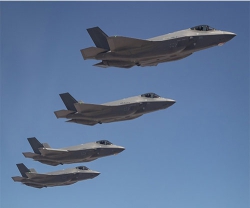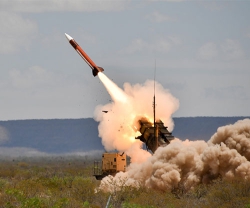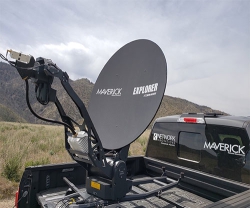The U.S. Senate passed a $700 billion defense policy bill on Thursday, backing President Donald Trump’s call for a bigger, stronger military, but leaving unsettled how to fund the massive spending increase amid a Republican-led push to cut taxes.
The Senate passed by voice vote the annual National Defense Authorization Act, or NDAA, which authorizes the level of defense spending and sets policies controlling how the money is spent.
The measure, passed by the House of Representatives on Tuesday, next goes to the White House for Trump’s signature. Trump’s fellow Republicans control majorities in both the House and Senate and he is expected to sign the bill.
But the funding may never come to fruition. The 2018 NDAA defies spending caps set in the 2011 Budget Control Act, passed to help control the budget deficit, and there is no clear plan from Congress on how to provide more money for the Pentagon.
The Senate backed the NDAA on the same day Republicans in the House of Representatives passed a sweeping tax bill, with no support from Democrats, which is expected to increase the federal deficit by nearly $1.5 trillion over 10 years. Senate Republicans are working on their own version of the measure.
The 2018 NDAA authorizes $634 billion in base defense spending, for such things as buying weapons and paying the troops, well above the $549 billion allowed under the “sequestration” controls set in the Budget Control Act.
It also includes about $66 billion in special war funding, which is exempt from the sequestration cap.
The NDAA passed this week is a compromise reached by House and Senate negotiators between separate versions of the bill approved in the chambers earlier this year.
A budget fight is expected, however, because Senate Democrats may not agree to big increases in funds for the military if spending caps on non-defense programs are not also eased.
While Senate rules would allow Republicans to pass their tax bill without any Democratic votes, their Senate majority of 52-48 is so small that most legislation, including a change in the sequestration rules, would require Democratic votes.




















